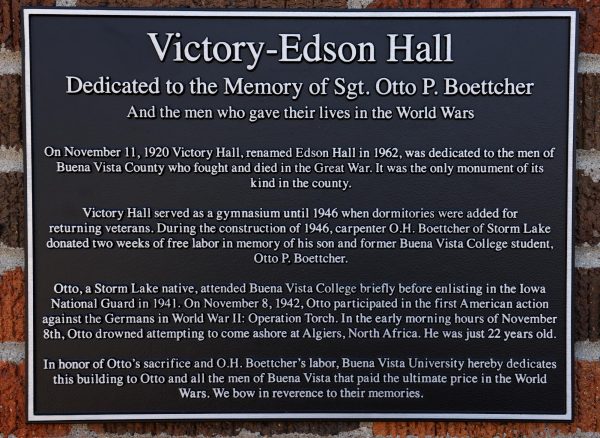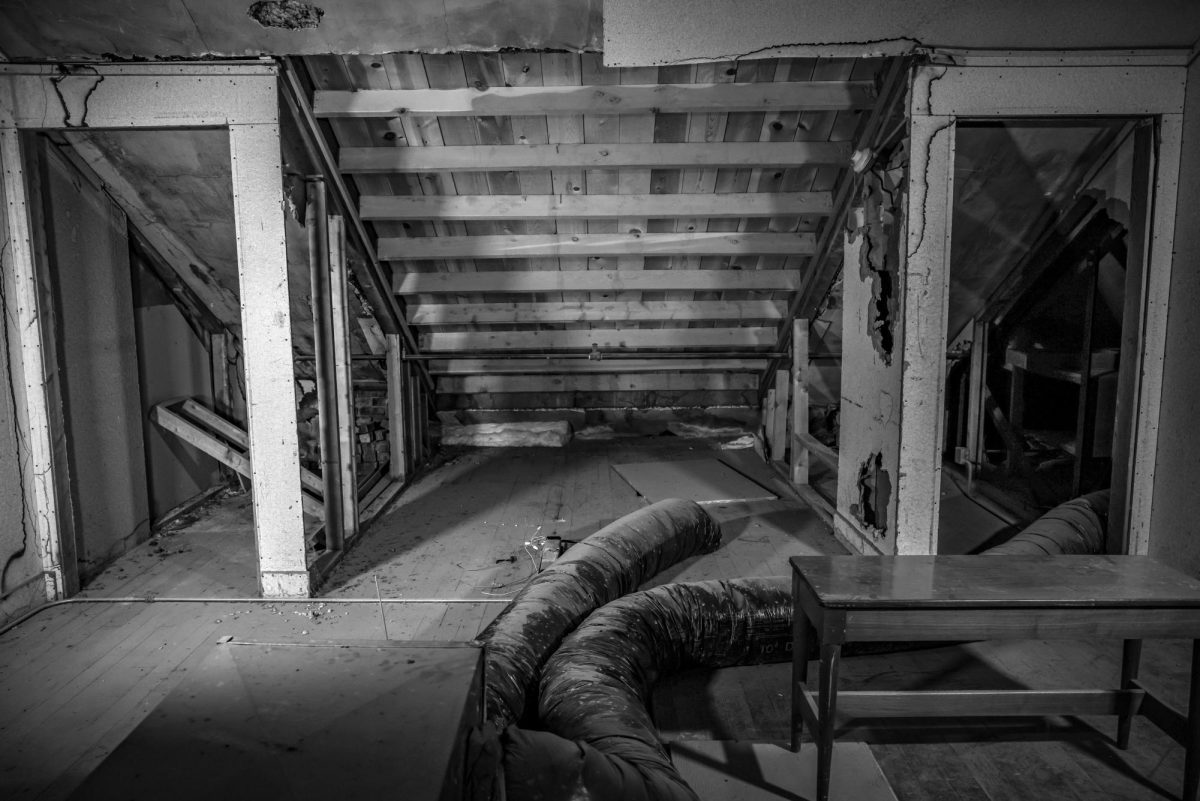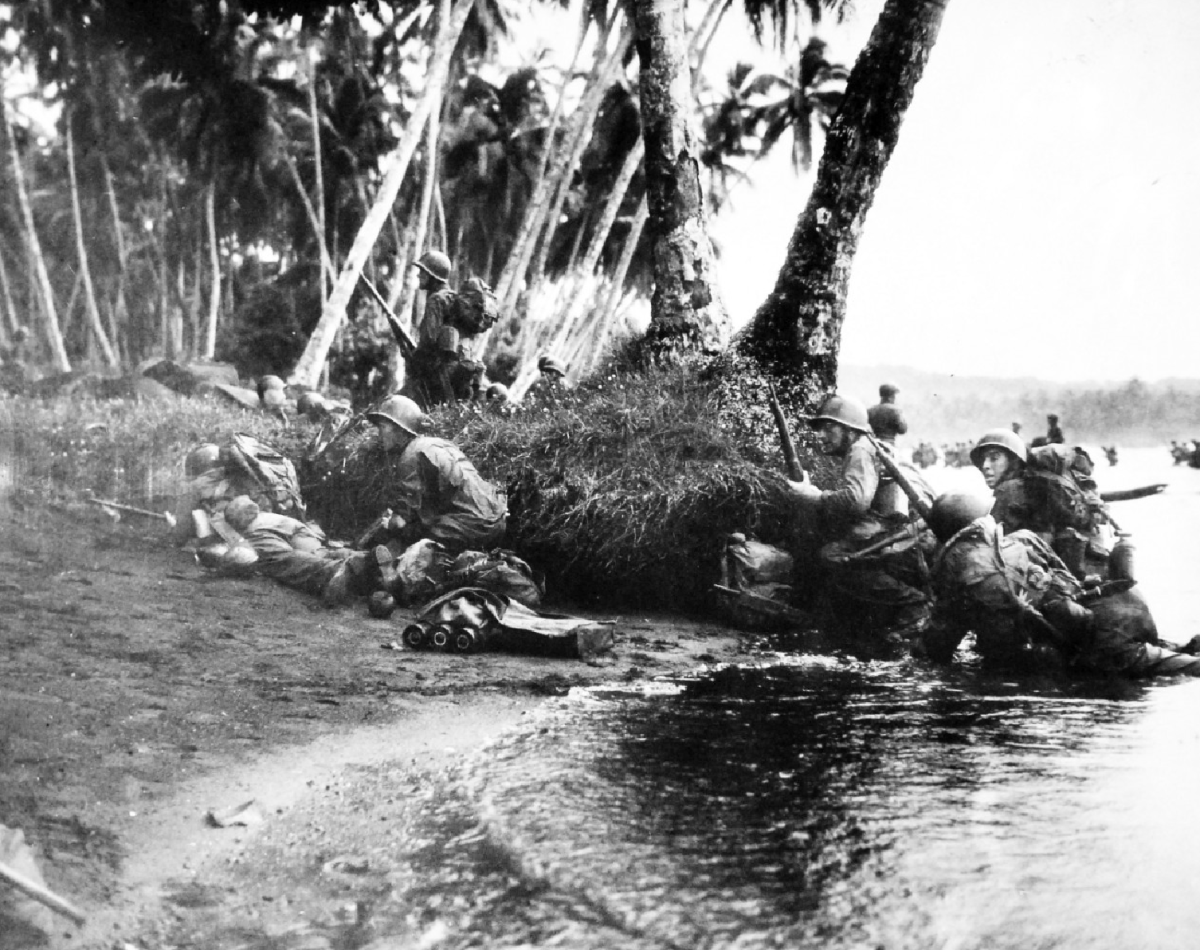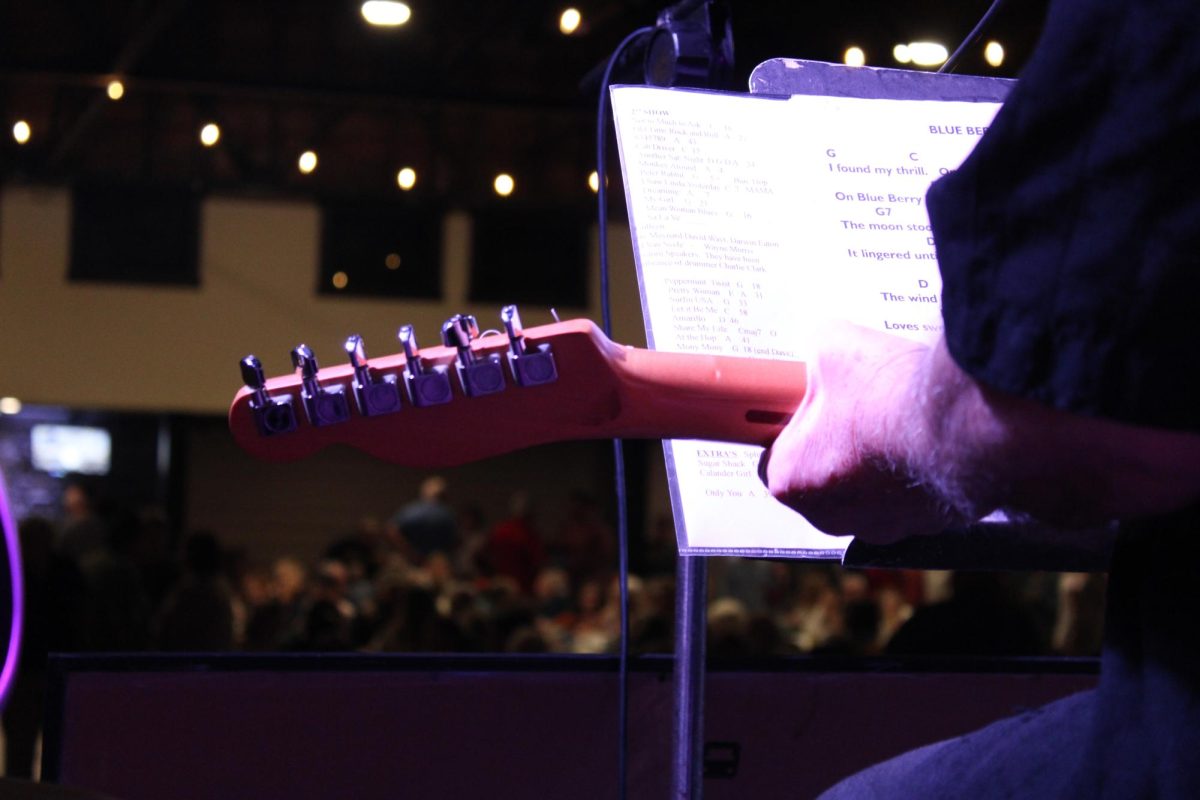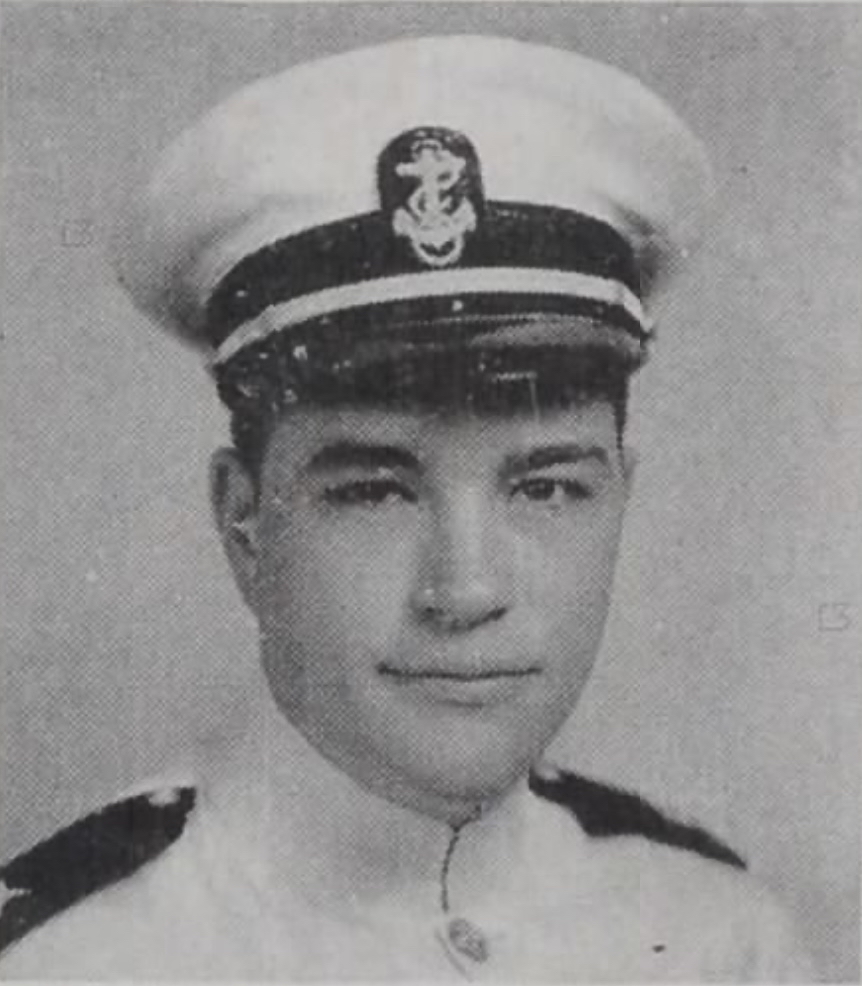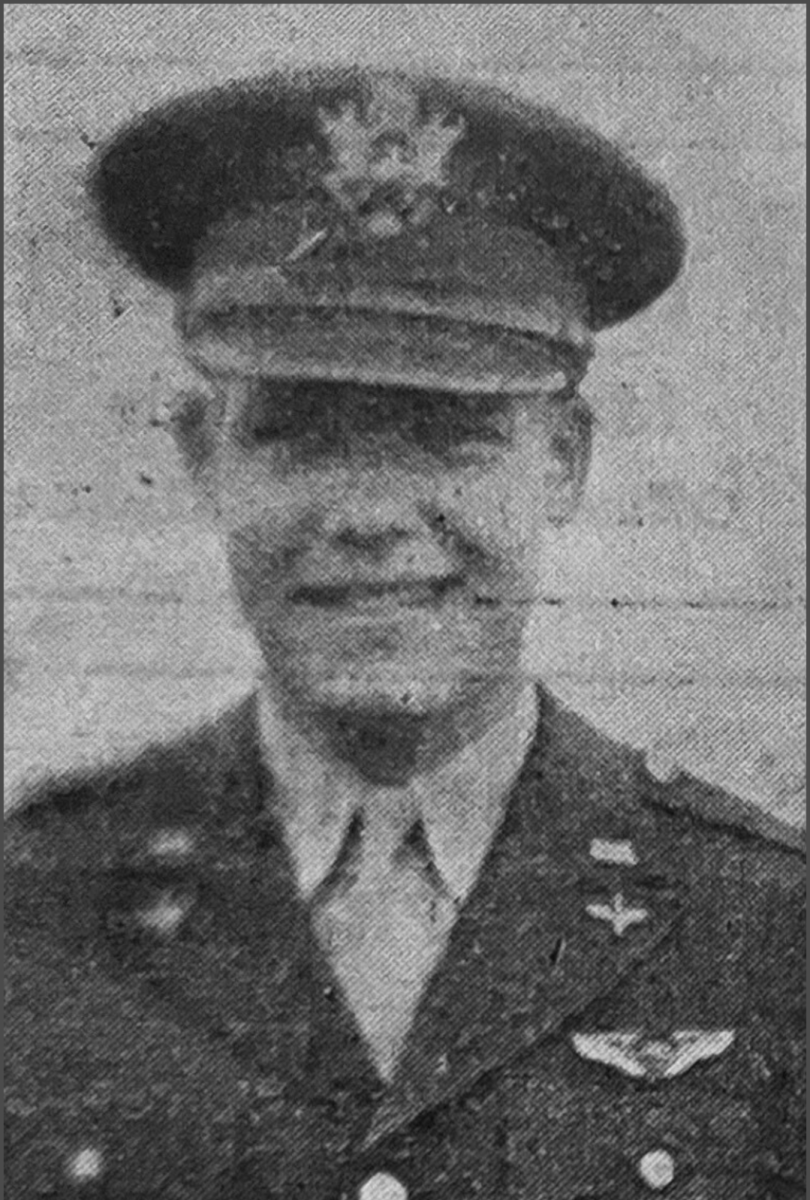Reprinted with permission from The Storm Lake Times Pilot and author. Fourth story in a series.
“Youth travels on through all futurity
Yet hoping here to leave a name
That will not perish in the dust”
Is what the Beaver Log Yearbook staff inscribed on the page dedicated to Victory Hall, now Edson Hall, in the 1937 yearbook. The quote was likely a reference to many things: the hopeful athletes who spent their hours striving for greatness on the basketball court in Victory Hall, the students who studied in the basement below the thunderous noise, and those to whom the building was originally dedicated.
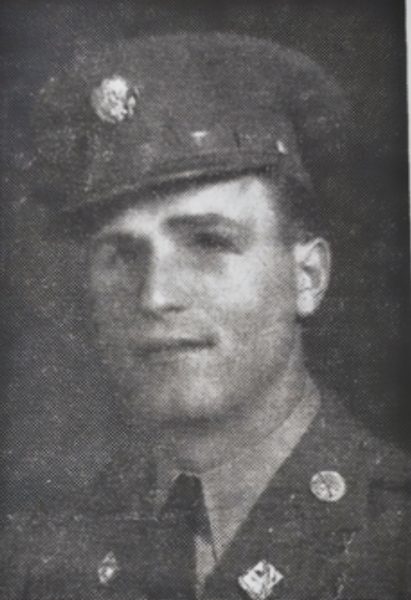
BVC’s “Living Monument”
Though it was used as the athletics center for BVC, Victory Hall was originally built as a monument—the only one in the entire county—to the dead of WWI. The Cornerstone was dedicated in 1919 on the one year anniversary of the end of the Great War and the building opened exactly one year after that. The construction of Victory Hall followed the trend of building “living monuments,” which were not to be places of solemn reflection, but places of continued life, where each breath drawn within the walls honored those who had breathed their last. Each game played in the gym and each student who stepped through the door paid tribute to those honored dead. One such student who frequented Victory Hall was Otto P. Boettcher.
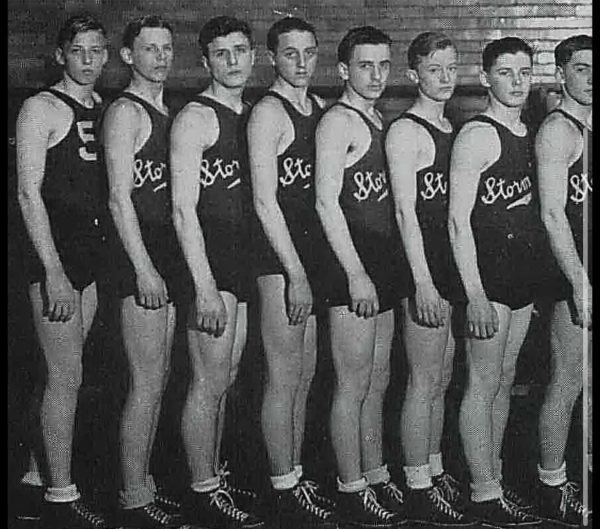
“Always Where He Was Most Needed”
Even before attending BVC in 1939, Otto Boettcher was a fixed presence in Storm Lake and on the Buena Vista campus. He grew up within walking distance of the school, spent summers jumping off docks and swimming in the lake, and had at least two older siblings who were BVC students during his youth. Perhaps most notably, he was a prominent student at Storm Lake High. Otto was an athletic marvel, with the Storm Lake Tribune calling him the “offensive and defensive star” for his basketball team and the “star guard of Storm Lake’s undefeated football team.” The Storm Lake High 1937 yearbook also praised his football skills, noting that he was “always where he was most needed.”
After graduating from Storm Lake High in 1938, Otto’s athletic career continued when he briefly played basketball and football at the University of Iowa before returning home to attend BVC. In Victory Hall, he jogged around the state-of-the-art track that ran along the second floor balcony and shot hoops in the main floor’s gym, preparing for the incredible seasons he no doubt hoped to have. But that was not to be.
“Slipped Beneath the Waves”
With war looming ominously on the not-so-distant horizon, Otto joined the National Guard, eventually moving to Des Moines in 1940. On February 10, 1941, he was called into active service with the 168th Infantry Regiment. Although he could not have known it then, Otto and the 168th would soon be participating in the first Allied action against German and French troops in the war: Operation Torch. Otto’s older brother, Herman, was also to partake in Operation Torch, and the two boys would find themselves less than a thousand miles apart during one of the most significant actions in the course of human history to date. It was the closest they would ever be again.
In the early morning hours of November 8, 1942, the churning, tossing waters of the Atlantic Ocean may have reminded Otto of the gray waters of Storm Lake on a rainy day. As his LCT jolted in the pitch black of night and his boots plunged into the freezing water, perhaps the silhouetted coast of North Africa didn’t look so different from that of Storm Lake. Perhaps he didn’t feel so far from home at all.
Otto, by then a Staff Sergeant, was given the momentous task of leading his men ashore in tandem with the British Commandos as the spearhead of the invasion. Once ashore, the men would push inland and make way for the thousands of Allied soldiers set to pour onto the beaches mere hours later. Due to the currents and inclement weather, Otto’s unit landed in the wrong place at the wrong time and under heavy fire. Several LCTs were lost before the door could even be dropped and dozens of men were killed or captured. Somewhere in the chaos, in between the machine gun fire, the thrashing black waves, and the heavy equipment weighing him down, Otto slipped beneath the waves and did not come back up. He was just 22 years old.
A Father Memorializes His Son
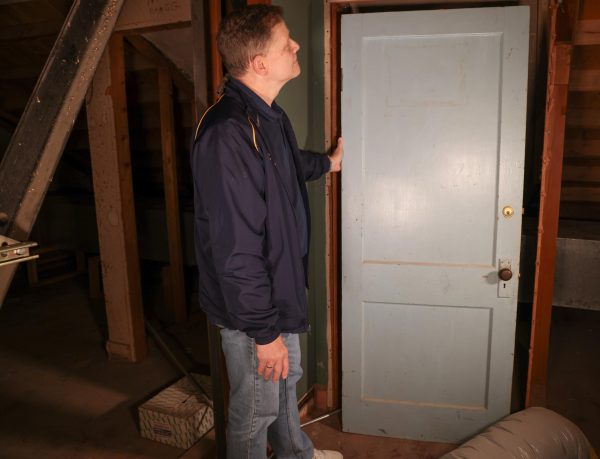
Two months later and five thousand miles away, Otto’s father, Mr. O.H. Boettcher, received a telegram telling him his son was dead. Four years after that, Mr. Boettcher donated his labor to help construct the new dormitories for returning veterans in the attic of Victory Hall. It was the building in which young Otto had likely spent most of his time while at BVC and it was the place he may have lived had he returned. Mr. Boettcher couldn’t think of a more fitting place to memorialize his son. For two weeks, Mr. Boettcher helped to put in the dormitory floors in Victory Hall, pouring himself into helping create a life for others that his son would never get to live.
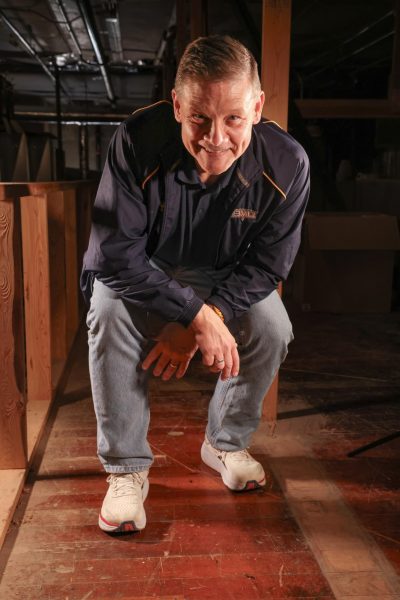
The dormitories opened in 1946, and the Vets Club offices moved into Victory Hall a short time after. It became the hub for all returning veterans, a place where they could study, converse, support one another, and, ultimately, rebuild the lives they had left behind as boys. It was a place of memory and rebirth, a place where these young men could mourn all that they had lost and hope for all that could be. It was the heart of the campus’s loss. It was the hub of the campus’s life.
BVU Remembers
Now, nearly 80 years after the end of WWII, those young men are gone—Mr.Boettcher is gone—but Victory Hall remains. Though it has changed over the years, if you know where to look, that history is still there: in the practice rooms upstairs where glimpses of old track peek out through holes in the carpet, in the locked attic where the walls still stand and the floor that Otto’s father built still holds.
When the light is just right, just before twilight takes hold, the sinking sun illuminates the scratches worn into that floor by years of use. By shoes kicked off, books dropped, chairs moved around. Phantom laughter dances in the rafters and phantom pipe smoke drifts among the empty boxes.
Today, Edson Hall, built out of love and grief, is full of music.
And, in those shimmers of light at the dying of the day, there is Otto Boettcher: always where he is most needed and where his name shall never perish in the dust.
